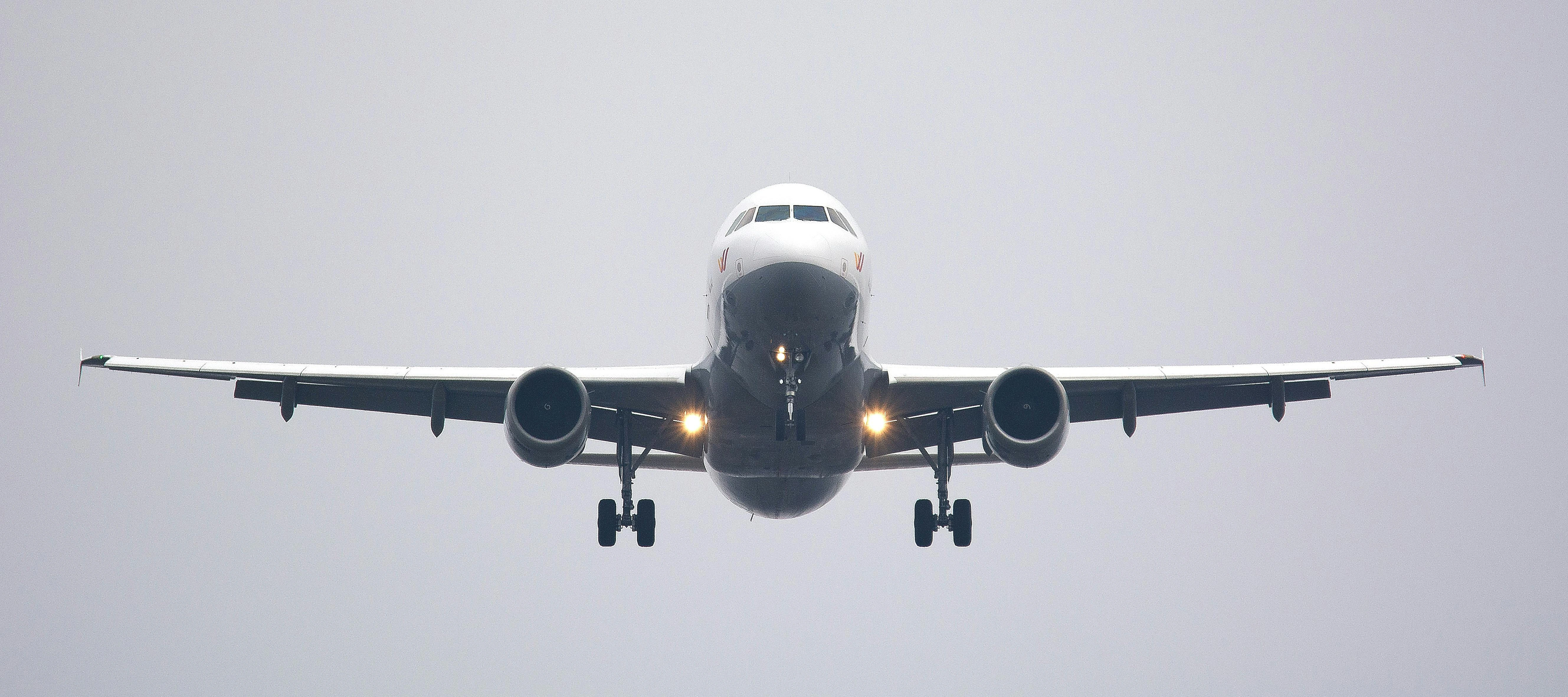
Every day, millions of flights, hotel rooms, and car rentals are booked through a powerful but often invisible network: the Global Distribution System (GDS). For travel agencies, understanding what a GDS is—and how to access it—can be the difference between offering clients the best deals worldwide or losing them to online competitors.
In this guide, we’ll break down what a GDS is, why it matters for agencies of all sizes, and how ORX Travel makes accessing GDS and NDC content simple, affordable, and scalable.
A Global Distribution System (GDS) is a centralized platform that connects travel agents to real-time inventory from airlines, hotels, car rental companies, and other travel suppliers.
Instead of juggling dozens of supplier contracts, a GDS consolidates everything into one system, allowing agencies to:
In short: GDS is the backbone of global travel distribution.
Together, Amadeus, Sabre, and Travelport power the majority of travel bookings worldwide.
For decades, GDS has been the go-to tool for agencies because it provides:
Without GDS, agencies risk being limited to fragmented supplier systems.
While powerful, connecting directly to a GDS isn’t always practical—especially for smaller agencies. Common hurdles include:
This creates a gap: agencies want GDS content, but without the heavy admin.
What is a GDS in travel and why is it important?
A Global Distribution System (GDS) is a platform that connects travel agencies with airlines, hotels, and car rentals in real time. It’s important because it allows agencies to access global inventory and book efficiently.
Which GDS is best for travel agencies?
Amadeus, Sabre, and Travelport dominate the market. The “best” depends on your agency’s focus: Amadeus has strong European coverage, Sabre leads in North America, and Travelport offers flexible multi-content distribution.
Is NDC replacing GDS?
No. NDC (New Distribution Capability) is designed for airline-direct content like ancillaries, seat bundles, and branded fares. GDS still plays a crucial role in multi-airline itineraries and global distribution. Together, they complement each other.
Do small agencies or independent advisors need GDS access?
Yes. Without GDS, small agencies risk missing competitive fares and multi-airline itineraries. However, instead of managing direct GDS contracts, agencies can use ORX Travel to access GDS content easily.
How can a white-label portal simplify GDS access?
A white-label platform like ORX Travel integrates both GDS and NDC into one branded booking tool. Agencies get access to content without contracts, plus built-in tools for markups, commissions, and reporting.
What are the costs of using a GDS?
Direct contracts often involve setup fees, booking volume commitments, and training costs. ORX removes these barriers by offering GDS content within a subscription-based white-label portal.
Do corporate travel management companies still use GDS?
Yes. Corporate agencies rely heavily on GDS for complex itineraries, reporting, and duty-of-care compliance. With ORX, they can also layer in NDC for richer fare options.